
UCLA LPPI Faculty Experts Shape the Narrative on Latino Communities with Prominent Coverage in Media
By Alise Brillault The UCLA Latino Policy and Politics…
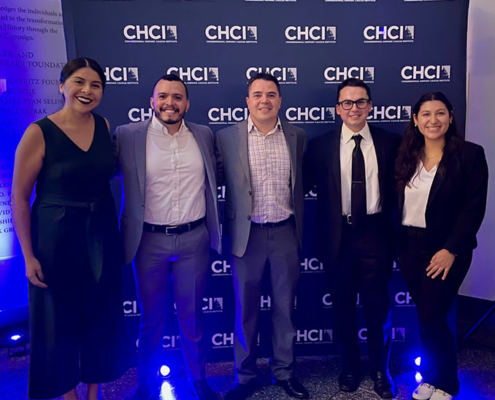
LPPI Shines at the Congressional Hispanic Caucus Institute Conference
by Alise Brillault UCLA LPPI experts and policy fellows were…
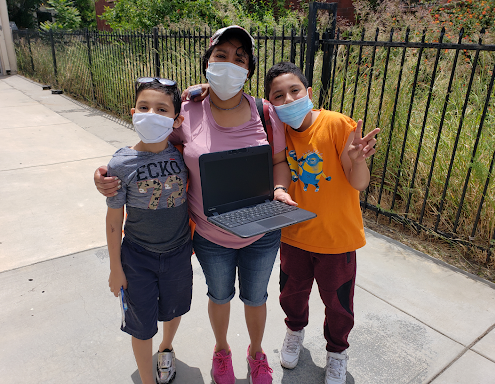
Janitor-Parent Experiences During the COVID-19 Pandemic
By Lucy González, Graduate Student Researcher; Sophia L.…

UCLA LPPI Stakeholders Reflect on Transition from ‘Initiative’ to Institute
"Latino Policy and Politics Institute Founding Executive…

Register for Tomorrow’s “Neoclassic or New Classics? Challenges, Debates, Perspectives” Roundtable by the UCLA Program in Experimental Theory
Organized and moderated by Professor Giulia Sissa (Classics,…
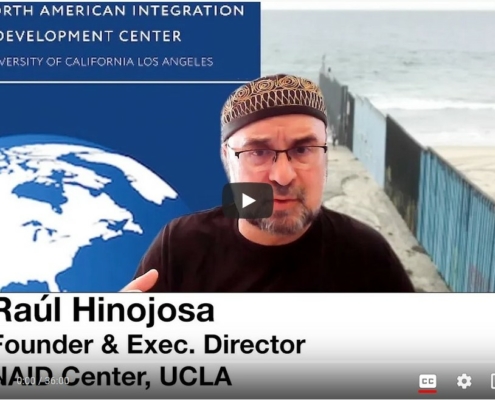
LA Social Science Presents “Conversations with Changemakers” Featuring Dr. Raúl Hinojosa Discussing the Recent Conference Commemorating 25 Years of UCLA NAID Center’s Research & Innovation
LA Social Science recently interviewed Dr. Raúl Hinojosa,…

CSW’s 2022 Distinguished Leader in Feminism Award
Join the UCLA Center for the Study of Women (CSW) for a special…
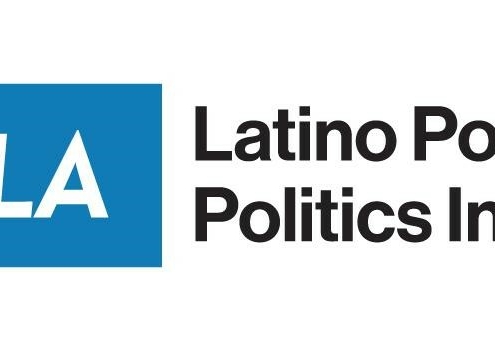
Dr. Rodrigo Dominguez-Villegas and Dr. Natalie Masuoka are Making the Power of AAPI, Latino Voters Clear
By Alise Brillault April 26, 2022 Some of the UCLA…
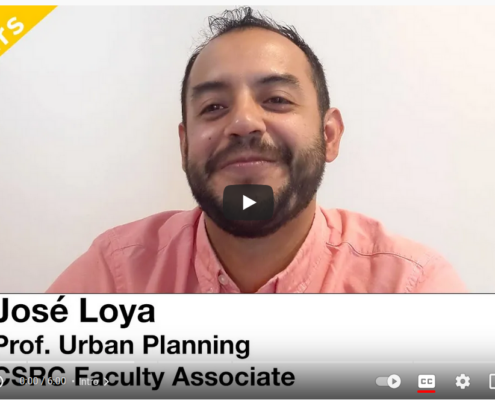
LA Social Science Rising Scholars Series Featuring Dr. José Loya Discussing the Mortgage Market for Latinxs
LA Social Science interviews Dr. José Loya, a UCLA Assistant…
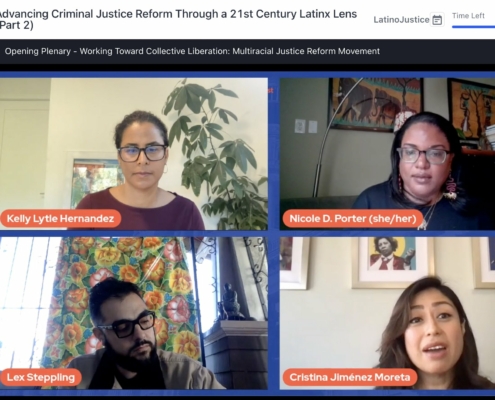
UCLA LPPI Convenes Latinx Leaders on Advancing Criminal Justice Reform
February 22, 2022 By Alise Brillault From January 20-21,…

